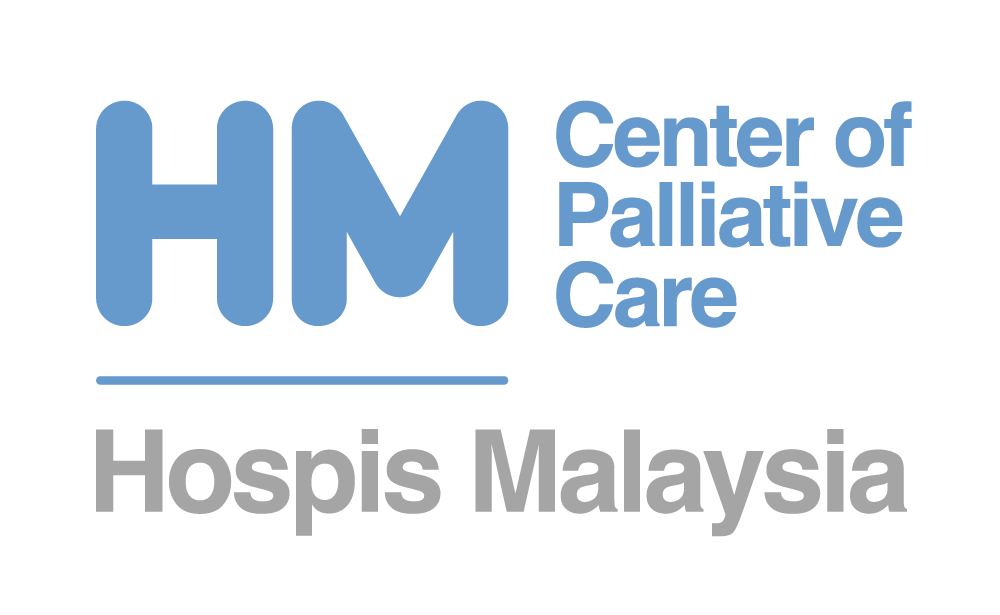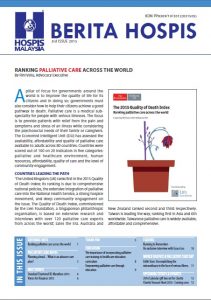A pillar of focus for governments around the world is to improve the quality of life for its citizens and in doing so; governments must also consider how to help their citizens achieve a good pathway to death. Palliative care is a medical subspeciality for people with serious illnesses. The focus is to provide patients with relief from the pain and symptoms and stress of an illness while considering the psychosocial needs of their family or caregivers. The Economist Intelligent Unit (EIU) has assessed the availability, affordability and quality of palliative care available to adults across 80 countries. Countries were scored out of 100 on 20 indicators in five categories: palliative and healthcare environment, human resources, affordability, quality of care and the level of community engagement.
‘The United Kingdom (UK) ranks first in the 2015 Quality of Death Index; its ranking is due to comprehensive national policies, the extensive integration of palliative care into the National Health Service, a strong hospice movement, and deep community engagement on the issue. The Quality of Death Index, commissioned by the Lien Foundation, a Singaporean philanthropic organisation, is based on extensive research and interviews with over 120 palliative care experts from across the world’, sates the EIU. Australia and New Zealand ranked second and third respectively. Taiwan is leading the way, ranking first in Asia and 6th worldwide. Taiwanese palliative care is widely available, affordable and comprehensive.
Malaysia is placed 38th out of 80 countries in this report. The report revealed that there are only five public hospitals with palliative care facilities and that more funds are needed to expand public infrastructure to other hospitals and rural areas. Inadequate public funding in the country has increased the call for charitable institutions to deliver palliative care services to the community. A more serious issue in the field of palliative care nationwide is its severe shortage of specialists. There are currently only seven certified palliative care experts in the country. This shortage of experts is further intensified by the fact that ‘most medical schools in the country do not offer compulsory courses in palliative care, resulting in a limited understanding of the topic within the medical community’ states the report on Malaysia.
Patient choice and autonomy are considered key in palliative care, these aspects are generally not valued by healthcare providers who ‘tend to share information about diagnosis and prognosis with families, and only inform the patient if requested’ states the report. Patient satisfaction surveys can be meaningful and essential sources of information for identifying gaps and developing an effective action plan for quality improvement in healthcare organisations. According to the report, the use of such surveys is rare in Malaysia

